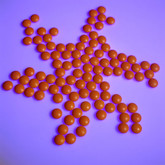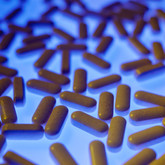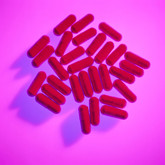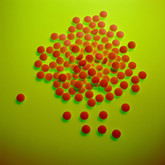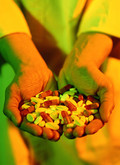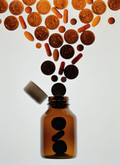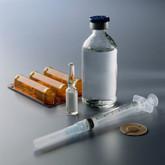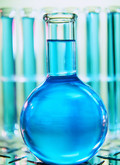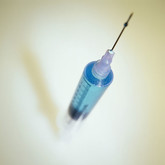Biosimilars
Biosimilar user fees proposal under review
Proposals over biosimilar user fees appear to have been ratified by stakeholders and a proposal is now under review by the US Department of Health and Human Services.
EMA definitions of generics and biosimilars
Confusion surrounding terms used in the global field of generics and biosimilars is a recognised problem. The members of the Biosimilar Medicinal Products Working Party at EMA have recently expressed the need to propose a more precise definition for biosimilars due to problems arising from imprecise usage of the term in the scientific literature and elsewhere [1].
Biocon announces Malaysia manufacturing plant
Biocon, a global biopharmaceutical company with high-tech manufacturing and research arms, announced in September 2011 ‘project commencement for its first high-end biopharmaceutical manufacturing and R & D facility in Bio-XCell, Malaysia’ [1]. Malaysia, epitomised by the Bio-XCell biotechnology park, is considered ‘an ideal location to manufacture generics’ by industry analysts Frost & Sullivan.
Cheap biosimilars to come from India and China
On 19-20 September 2011, the United Nations (UN) held a High-Level Meeting to develop a global strategy to fight non-communicable diseases, ‘principally cardiovascular diseases, cancers, chronic respiratory diseases and diabetes.’ It is only the second global health issue that the UN General Assembly has deemed urgent enough to call a meeting to discuss. Such diseases cause approximately two-thirds of all deaths.
Biotech pipeline and biosimilars
There are more than 200 new biotechnology products in the pipeline (phase II to registered), all of which could be future targets for biosimilars. However, around 60% of these products concern mechanisms of action that are already available, see Figure 1 [1].
A snapshot of interesting new approvals by FDA
New approvals by FDA look set reach record levels in 2011. Some noteworthy drugs already approved in 2011 are discussed below.
Biosimilars or biobetters–what does the future hold
Biosuperiors or biobetters are improvements to originator biological molecules, whereas biosimilars are structural imitations of the originator. But how will the pharma industry choose to pursue this lucrative market and benefit from patent expirations on biologicals? Will biobetters or biosimilars be the winners?
Biobetter of trastuzumab on the horizon
TrasGEX, which is currently under development by German biopharma company Glycotope, is shaping up to be an improved version (or biobetter) of Roche’s blockbuster cancer drug Herceptin (trastuzumab). Trastuzumab targets the HER2 receptor, commonly overexpressed in a variety of cancers, such as HER2-positive breast and stomach cancer.
EMA plans to revise biosimilar guidelines
EMA announced on 3 October 2011 that it has published a concept paper asking for comments on topics to be included in a potential revision of the agency’s 2006 biosimilar guideline, which covers non-clinical and clinical development of biosimilars. The paper will be released for a 3-month consultation period.
Biosimilar user fee levels and performance goals for the FDA
FDA and representatives from the drug industry negotiating a user fee for biosimilars have tentatively set performance goals and biosimilar user fee levels, creating a separate review programme for biosimilars.
